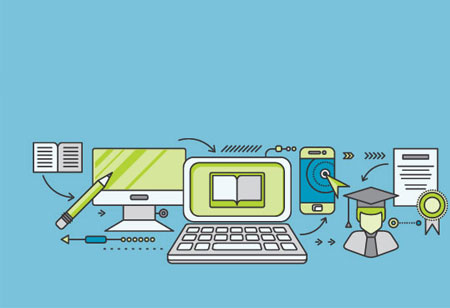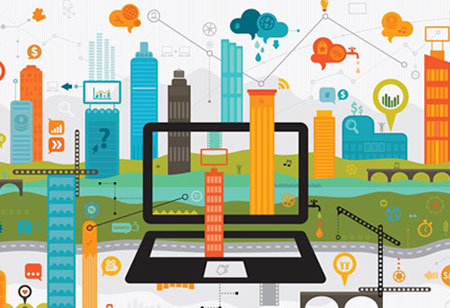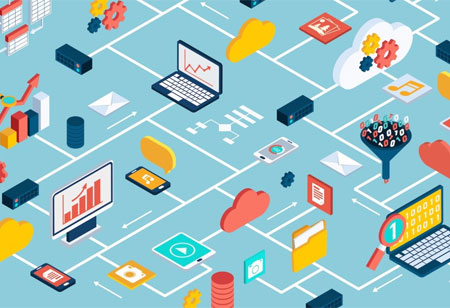THANK YOU FOR SUBSCRIBING
Digital Learning: How will it Impact the Future of Education?
Digital education replaces the traditional form of education day-by-day. The learning tools and technology enable students to develop effective self-learning skills.

By
Apac CIOOutlook | Tuesday, December 18, 2018
Stay ahead of the industry with exclusive feature stories on the top companies, expert insights and the latest news delivered straight to your inbox. Subscribe today.
Digital education replaces the traditional form of education day-by-day. The learning tools and technology enable students to develop effective self-learning skills. They are able to understand what they need to learn and research using online resources. This enhances the learners’ efficiency and productivity. Digital learning tools and technology also focuses on critical thinking skills, which are the basis for the improvement of analytic reasoning. Exploring open-ended questions with imagination and logic improves decision-making skills.
VR and AR technologies can develop every feature of the educational method. It is possible to integrate technologies using mixed reality and improve the way students learn. It helps them to visualize theoretical concepts. Virtual reality and education can be mutually beneficial for each other.
From a survey by Barnes and Noble Education, Inc., over 51 percent of students learn best through active participation, while only 12 percent are able to listen and learn well.
The virtually assisted learning is already present in Microsoft's Hololens that is being used at the RMIT School of Architecture and Urban Design, Melbourne, Victoria. The Microsoft Hololens is a holographic computer built into a headset. It allows the user to watch, hear, and interact with the holograms within an environment. This hologram does not require any external cameras, phone, or PC connections. It allows us to move freely in the environment.
Microsoft's Holoportation is the future technology of developing a 3D real-time hologram of a user and transporting it to other users. This technology will make education more engaging. Holoportation will have the ability to take the digital learning to the level where students can go beyond 3D models. It will pretend to be a real-time classroom education by distant teachers.
Digital learning empowers learners to receive a quality education anytime anywhere. It gives them an interactive platform for learning. Digital education will also increase employment opportunities, which will result in the growth of the economy. However, the current costs of VR learning are high. However, as the technologies evolve, such advancements are bound to reach users at an affordable price.
Check Out : Top EdTech Startups
See Also: Top Edtech Solution Companies





